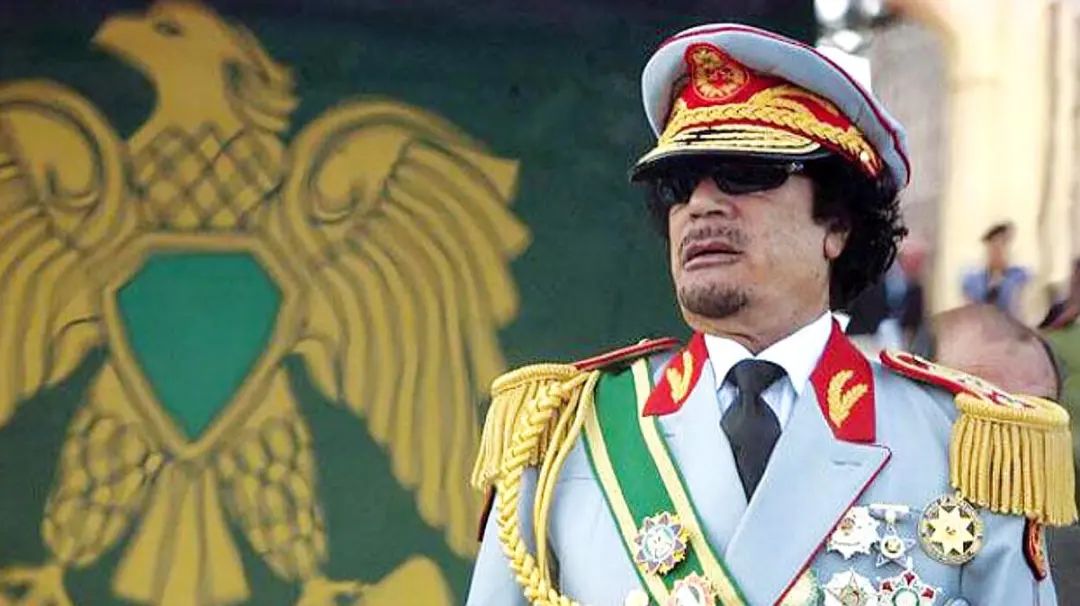The name combined several elements: "Great" emphasized national pride, "Socialist" and "People's" aligned with the regime’s ideological claims, "Libyan Arab" highlighted its Arab identity and geographic roots, and "Jamahiriya"—a term coined by Gaddafi—referenced a system of "people’s power" meant to replace traditional governance.
After Gaddafi’s ouster in 2011, the country adopted shorter names, first "Libya" and later "State of Libya." The original long-form name, however, remains a notable footnote in global political history, standing out for its complexity and the era it represented.
Such lengthy country names are rare, as most nations opt for concise identifiers. The Libyan example underscores how political regimes often use nomenclature to project their ideologies, leaving behind unique linguistic legacies even after their collapse.










